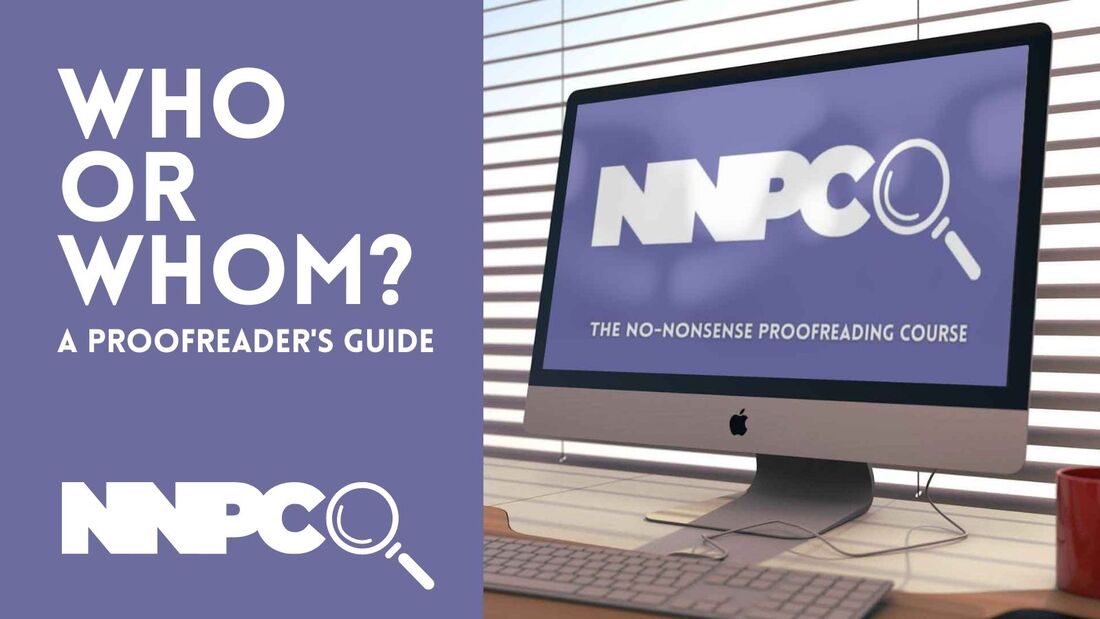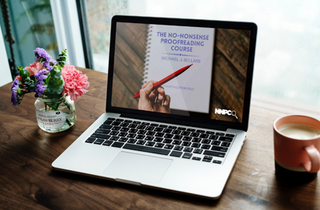|
The words 'who' and 'whom' are often used interchangeably in everyday conversation, but they have different functions and are used in different contexts. Understanding the difference between 'who' and 'whom' can help you communicate more effectively and avoid common grammar mistakes.
'Who' and 'whom' are both pronouns, and they are used to refer to people. The difference between them is that 'who' is the subject of a sentence or clause, while 'whom' is the object of a verb or preposition. For example: 1. Who is going to the party tonight? 2. Whom did you invite to the party tonight? In the first sentence, 'who' is the subject of the verb 'is going.' It is asking for the identity of the person who is performing the action of going to the party. In the second sentence, 'whom' is the object of the verb 'did invite.' It is asking for the identity of the person who is receiving the action of being invited to the party. Another way to determine whether to use 'who' or 'whom' is to look at the function of the pronoun in the sentence. If it is the subject of a verb, use 'who.' If it is the object of a verb or preposition, use 'whom.' For example: Who is calling me on the phone? To whom should I address this letter? In the third sentence, 'who' is the subject of the verb 'is calling.' It is asking for the identity of the person who is performing the action of calling. In the fourth sentence, 'whom' is the object of the preposition 'to.' It is asking for the identity of the person to whom the letter should be addressed. While it is always correct to use 'who' as the subject of a sentence or clause, the use of 'whom' is becoming less common in modern English. In some cases, it may be considered more formal or old-fashioned. In informal speech or writing, it is often acceptable to use 'who' instead of 'whom.' For example: Who did you give the book to? (Informal) To whom did you give the book? (Formal) In conclusion, 'who' and 'whom' are both pronouns used to refer to people, but they have different functions. Use 'who' as the subject of a sentence or clause, and use 'whom' as the object of a verb or preposition. While it is always correct to use 'who' as the subject, the use of 'whom' is becoming less common in modern English and may be considered more formal or old-fashioned. In informal speech or writing, it is often acceptable to use 'who' instead of 'whom.'
0 Comments
Your comment will be posted after it is approved.
Leave a Reply. |
Details
Testimonials
“I am one of those many fools who paid a huge amount of money for a useless course. This book... has opened so many doors for me. I now look on Mike as my mentor as I embark on a career. Thank you Mike.” Emma Steel, Proofreader and International Structural Editor. “ I thoroughly enjoyed the course and am so glad that I decided to take it... the whole experience was invaluable. My proofreading service is now well established and your course played no small part in getting it off the ground.” Hache L. Jones, Proofreader. “I'd just like to thank you first of all for writing such a great, straight forward eBook, and then going above and beyond what I would even expect as a customer by providing us, completely free of charge, updated versions months later!” Rachel Gee, Trainee Proofreader. “What can I say? Worth every penny and then some! God Bless! This a fabulous course.” Teresa Richardson, Proofreader. “As someone who has effectively been proofreading for thirty years, I found Mike’s No-Nonsense Proofreading Course an invaluable introduction and a very useful practical guide to many aspects of this discipline. I can wholeheartedly recommend it as the ideal starting point, and much more besides.” Jeremy Meehan, Proofreader. Blog AuthorMy name's Mike Sellars and I'm an experienced proofreader and the author of The No-Nonsense Proofreading Course. Click here to find out more about me. The No-Nonsense Proofreading CourseA Fraction of the Cost of Other Proofreading Courses NOTE: Stock is currently limited to 10 per day, so we can continue to deliver exceptional after-sales service, answer queries and provide open-door support. Credit card and PayPal payments accepted. “As someone who has been proofreading for 30 years, I found Mike’s course an invaluable introduction and a very useful practical guide to many aspects of the discipline. I can wholeheartedly recommend it.” Jeremy Meehan, Proofreader. Still want to find out more? Click here. Proofreading Categories
All
Proofreading Archives
July 2024
|


 RSS Feed
RSS Feed
